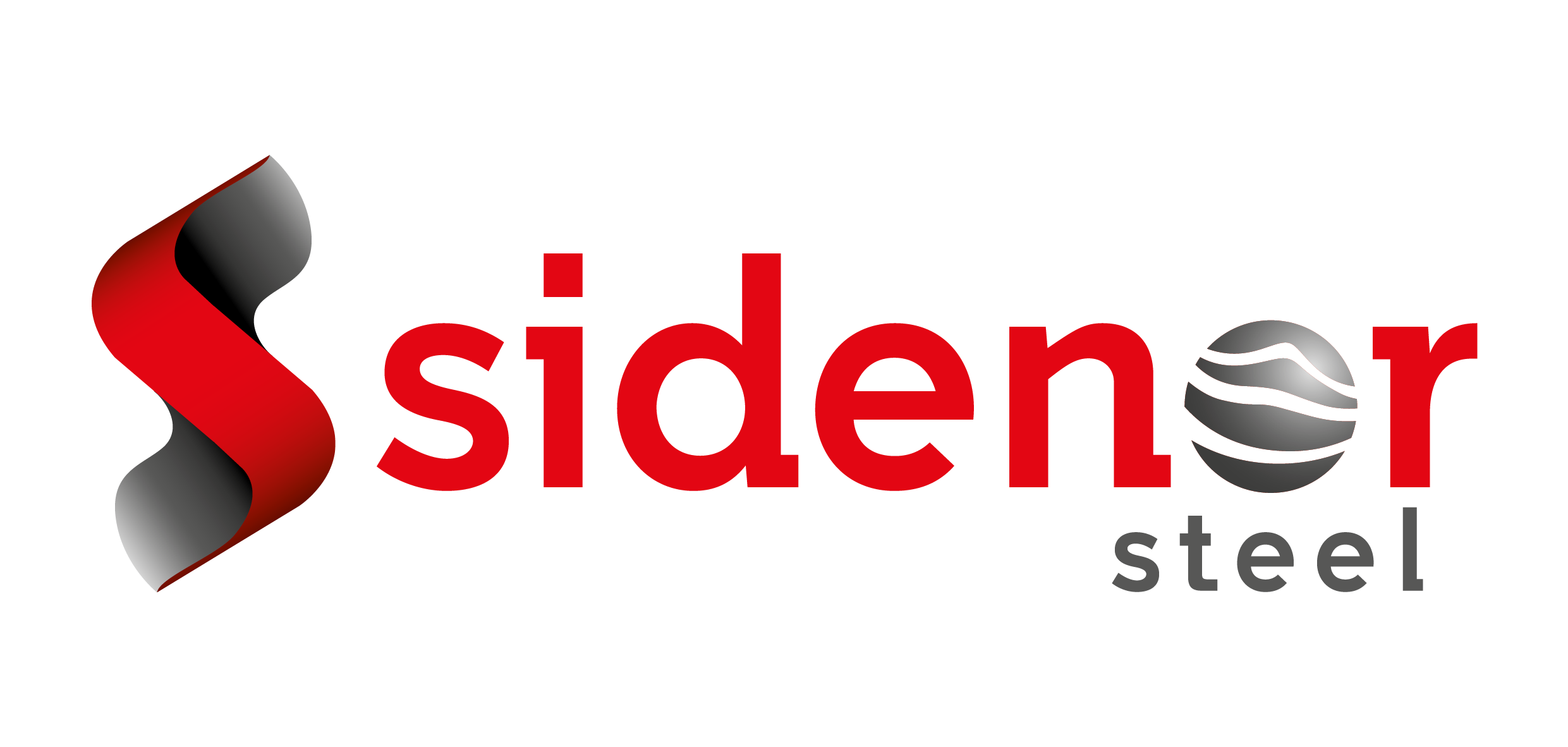Bilbao, January 13th, 2017. Sidenor’s management and most unions of the company (CC.OO, UGT, USO and CSI-F) have ratified the new 2017-2021 framework agreement at this morning’s meeting. This agreement follows last week’s approval of the preliminary agreement concluded on December 27th, 2016.
The framework agreement, which includes the factories of Basauri, Vitoria, Reinosa, the general and R&D offices, follows the already approved labour adjustment plan which, together with the announced investments, will allow to recover the path of competitiveness.
According to the agreement, Sidenor’s management undertakes not only to increase wages during this period but also to introduce a profit-sharing incentive for all workers as of 2019, provided that the company achieves positive results.
A non-vesting extra financial compensation of 3.5% in 2017 and 0.5% in 2018, respectively, will be established as a regularisation of 2016’s quarterly variable, in order to alleviate last year’s decrease.
The agreement also includes other measures, such as converting 15% of temporary contracts into permanent ones, training for all workers so that they may reach optimal levels of versatility, etc.
Finally, the agreement also aims at increasing working days, which will allow Sidenor to reach the level of companies it competes with in Europe as well as of its main customers in the car sector, all this in order to recover the path of competitiveness.
The framework agreement includes the following conditions:
Measures in terms of working days:
a. Increase of 5 days during the period of the agreement.
Measures in terms of remuneration:
a. Elimination of the current variable remuneration system. However, the workers shall receive a non-vesting 3.5% regularisation in the payroll of January, 2017 and a non-vesting 0.5% regularisation in 2018, in order to alleviate 2016’s quarterly variable decrease.
b. During the period of the agreement, the following economic increases will be applied to the salary scales:
Year 2017: 1.5% (including 0.5% as agreed in the previous framework agreement)
Year 2018: 3%
Year 2019:1.75%
Year 2020: 1%
Year 2021: 1.25%
c. A new annual variable incentive of up to 2% will be introduced as of 2019, depending on the company’s results.
Measures in terms of flexibility and internal training:
a. Schedules: Reduced period of notice; work schedules will be maintained.
b. Vacation:
– Possibility of scheduling part of the vacation between July and September, both included (20 days).
– The remaining days (10) in December, January and/or Semana Santa (Easter), where the worker may enjoy 2 of these days as he/she chooses and outside of the official vacation period.
c. Functional mobility: the functional versatility of the workers is encouraged.
d. Training: In order to encourage versatility in the company, 8 accumulated work hours dedicated to workers’ training have been agreed upon.
e. Days of availability: 72 hours of availability per calendar year have been established, from which 16 can be used to strengthen workers’ training.
Measures in terms of employment:
a. The company also undertakes to provide 15% of the current temporary workers with permanent contracts over the coming year, to the exclusion of temporary hand-over contracts.
Moreover, the framework agreement includes specific clauses on equality and safety, occupational health and environment.



